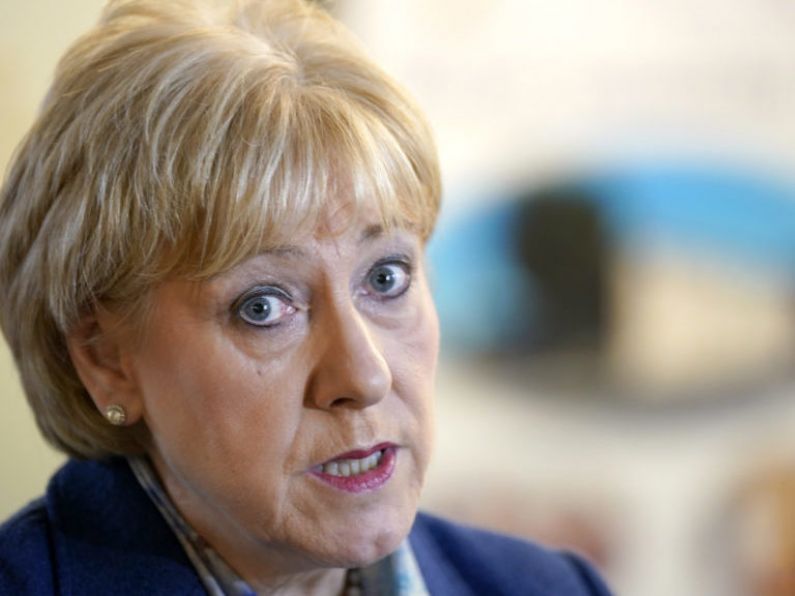School principals have identified online and peer pressure as causes of the sexualisation of primary school pupils.
Their views emerge as a study found that schools are dealing with children as young as six who have suicidal thoughts or are self-harming, but only some schools have ad hoc access to professional counselling.
The research published this week was conducted on behalf of St Patrick’s Mental Health Services by Dublin City University’s school of nursing and human sciences with 1,282 primary principals.
The authors are calling for the urgent provision of a nationwide in-school counselling service at primary level, as staff feel ill-equipped to respond to pupils’ complex needs.
As well as family issues and bullying, 9% of principals said some children were experiencing issues around sexual identity in primary school.
Some who took part in follow-up interviews referred to the pressures on older pupils about becoming sexually active, particularly due to the growing influence of online activities and social media.
“There is a huge peer pressure coming from the likes of social media, internet, older peers to be sexually active at a much younger age and that whole sexualisation of children is putting huge pressure on 10, 11, and 12-year-olds particularly,” one principal said."
Another said that many more therapists will be needed in schools if parents continue to struggle controlling what children are exposed to online and its effects on behaviour.
One of a dozen counsellors engaged by primary schools identified sexualised behaviour as a possible ‘coping mechanism’ for some children in school.
“You have children that self-soothe through masturbation in the classroom,” the counsellor said.
"Each kid has their own way of trying to cope, self-regulate, trying to soothe themselves"
Asked to respond to the findings and calls for national therapy services in schools, a spokesperson for Education Minister Richard Bruton said schools will be given further advice, support and direction around mental health promotion in the coming weeks in a policy statement and framework for practice.
Figures supplied by the Department of Education show there were 162 whole-time equivalent posts filled by psychologists available to work in schools through its National Educational Psychological Service.
The number has increased from 147 two years ago and is set to reach 175 during the next school year if and when current vacancies and 10 new posts provided for in this year’s budget are filled.
The spokesperson said primary schools have guidelines on how to refer children on to specialist clinical and therapeutic services if there are mental health concerns beyond the ability of staff to deal with.
St Patrick’s Mental Health Services chief executive Paul Gilligan said the research findings show that supports in school are vital, as children deal more than ever with complex and challenging issues.
“The provision of early intervention at primary level has the capacity to shape the emotional wellbeing of an entire generation,” he said.






